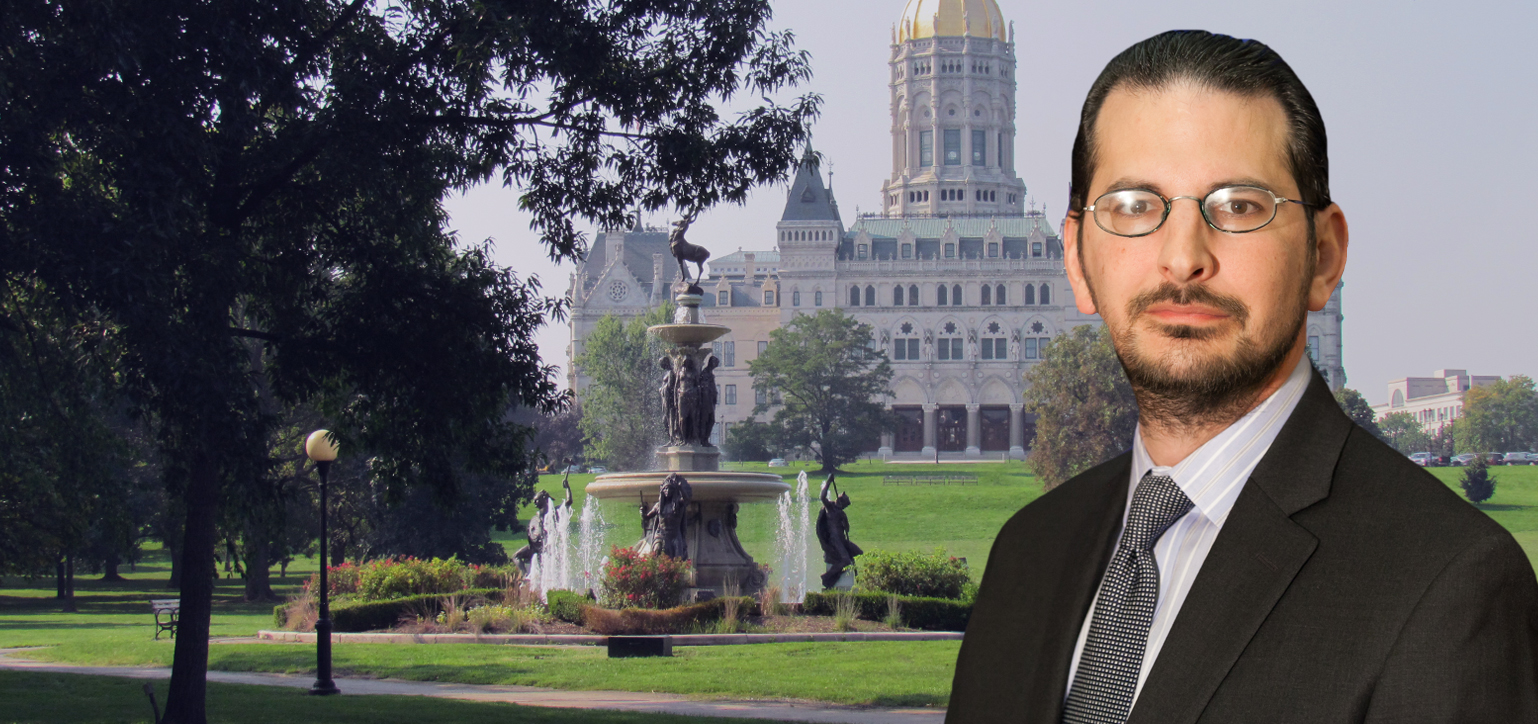Requiring emergency generators at Bella Vista
June 2, 2017In an effort to protect Connecticut’s most vulnerable residents – its senior citizens – the House of Representatives passed Senate Bill 772, which requires emergency generators in certain elderly housing establishments.
The bill, which passed out of the House of Representatives in a 95-54 vote Friday, now heads to Gov. Dannel P. Malloy’s desk to be signed into law. The legislation was approved by the Senate Tuesday.
SB 772 requires the owners of senior housing complexes to install and maintain one or more emergency power generators capable of providing a minimum of four to 12 hours of sufficient power to each unit for heating, water, lighting and critical medical equipment. The emergency generators would also power each passenger elevator.
This legislation comes after a major brownout incident that trapped nearly 1,000 Bella Vista elderly residents inside the towers with temperatures reaching nearly 100 degrees. Bella Vista is a privately owned multifamily housing project in New Haven. Many of its buildings are 15 stories in height.
“Some of New Haven’s most vulnerable residents are its senior citizens. This legislation puts the necessary safeguards in place to prevent another incident such as the major brownout at Bella Vista from occurring again,” said state Rep. Al Paolillo, D-New Haven. “Thank you to Sen. Looney, state Sen. Gary Winfield and state Reps. Robyn Porter, Juan Candelaria, Patricia Dillon, Michael DiMassa, Roland Lemar and Toni Walker for championing this effort and for advocating for the safety of our seniors.”
SB 772 continues to invest in the safety of New Haven’s senior citizens by ensuring the elderly are safe during power outages in heat waves and snowstorms.
“I want to thank Rep. Paolillo for his leadership in guiding this important piece of legislation through the House of Representatives,” said Senate President Martin M. Looney, D-New Haven. “The addition of emergency electric generators to Bella Vista will exponentially improve safety for the complex’s many elderly residents and residents with medical issues – some of whom are dependent on medical equipment and are unable to physically navigate the stairs and exit the building in the event of an emergency.”





